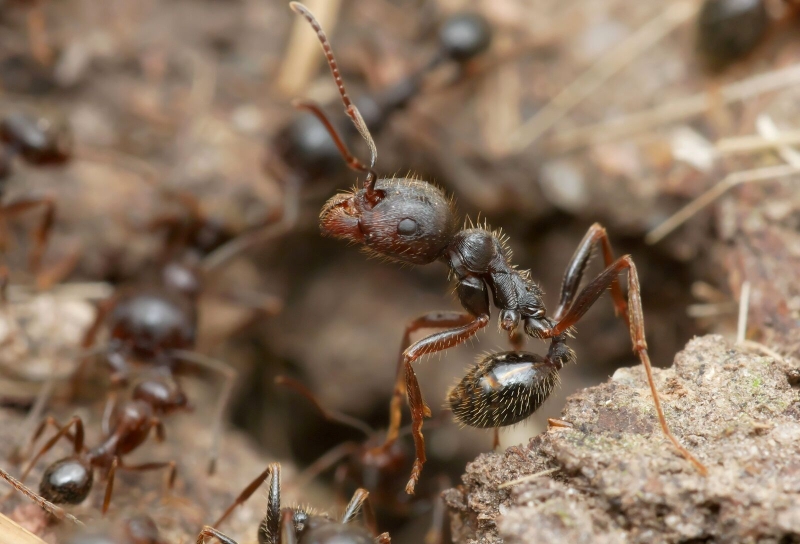06
Oct
Barbara McClintock was a scientist from the United States whose groundbreaking contributions transformed the study of genetics. Her investigations not only uncovered essential genetic processes but also deepened the comprehension of genome behavior. McClintock's accomplishments are particularly remarkable considering the period during which she conducted her work, when genetics was still a developing field and opportunities for women in science were restricted.Genetics before McClintockPrior to McClintock, the scientific community generally believed that genes had fixed positions on chromosomes. The concept of genomic stability had not yet been seriously questioned. Discoveries by Gregor Mendel, Thomas Hunt Morgan, and Charles Darwin provided…


.jpg)






